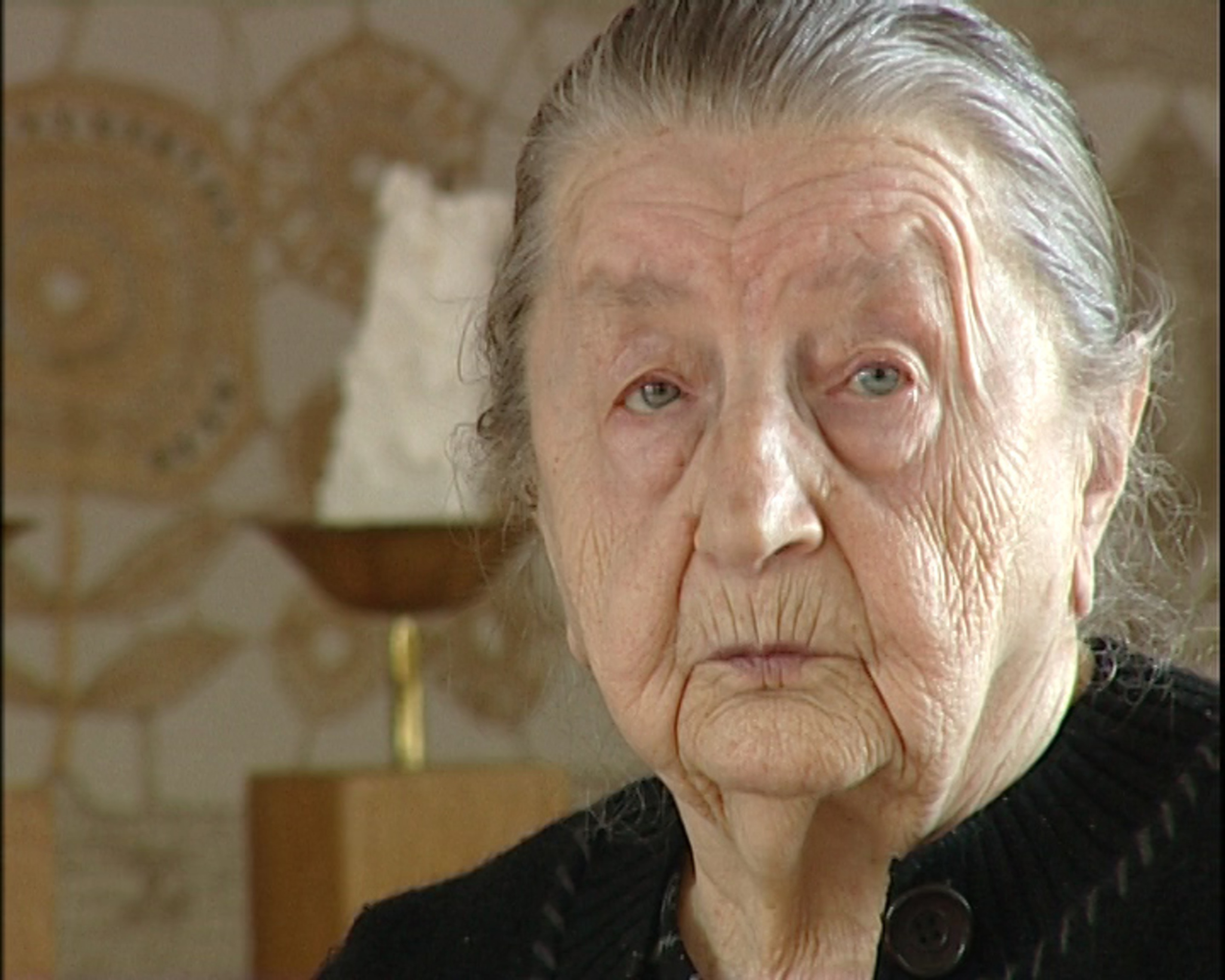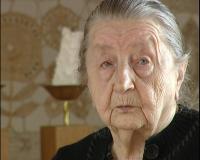We were not afraid, we wanted to do something

Stáhnout obrázek
Mária Horňáková was born on November 21, 1920 in Komjatice. She attended the first five years of elementary school in her native village, but then she continued studying in the town of Nové Zámky. She remembers the village of Komjatice before the Vienna Award, under which it was ceded to Hungary, as a quiet and comfortable place to live. However, the mood in the village quickly changed when the Hungarians took it. A new situation affected her life almost immediately as she and her classmates weren‘t allowed to attend school. She and some more girls finally managed to leave for Nitra, where she was supposed to pursue her studies, but she didn‘t stay in Slovakia for long, because the government permitted an establishment of the Hungarian Royal State Secondary School with the Slovak language of instruction in Šurany, which was opened in December 1938. In 1939, her uncle Jozef Kelemen made her be there when the Slovak political weekly (later daily) newspaper Slovenská jednota was founded. Mária attended school in Šurany, where she passed the leaving examination in Slovak language in 1941. However, her certificate wasn‘t accepted at the university in Budapest, so in summer she also had to do the leaving examinations in Hungarian language. After passing it successfully, she could enrol at the university in Budapest in October, where she wanted to study pharmacology. Nevertheless when her native village and home were bombed out, she was forced to stop studying. In 1943 she worked in a pharmacy in Bratislava, but she didn‘t manage to return to school. Mária never gave up her desire to finish her education, so she tried to enrol at the university in Bratislava in 1945, but she wasn‘t accepted again. She worked at the Czechoslovak state grammar school in Šurany as an auxiliary teacher for about one and a half year and after moving school to Nové Zámky Mária kept teaching at the municipal school in Šurany. Later, she went to Košice, where she taught at the grammar school until her daughter was born. Mária got married for the second time, but the year 1948 affected the life of a young family. In the early 1950s a show trial with her uncle Jozef Kelemen was held, her younger brother Libor was arrested and Mária lost her job shortly thereafter. She moved house several times, when she finally settled down in Bratislava in 1957. There she could not find job for the first few years because of a bad personal evaluation. Later she worked in the field of water resources management and she retired in 1977 when she worked as a member of a planning committee. Since then she has alternately lived in his native village of Komjatice and in Bratislava.
